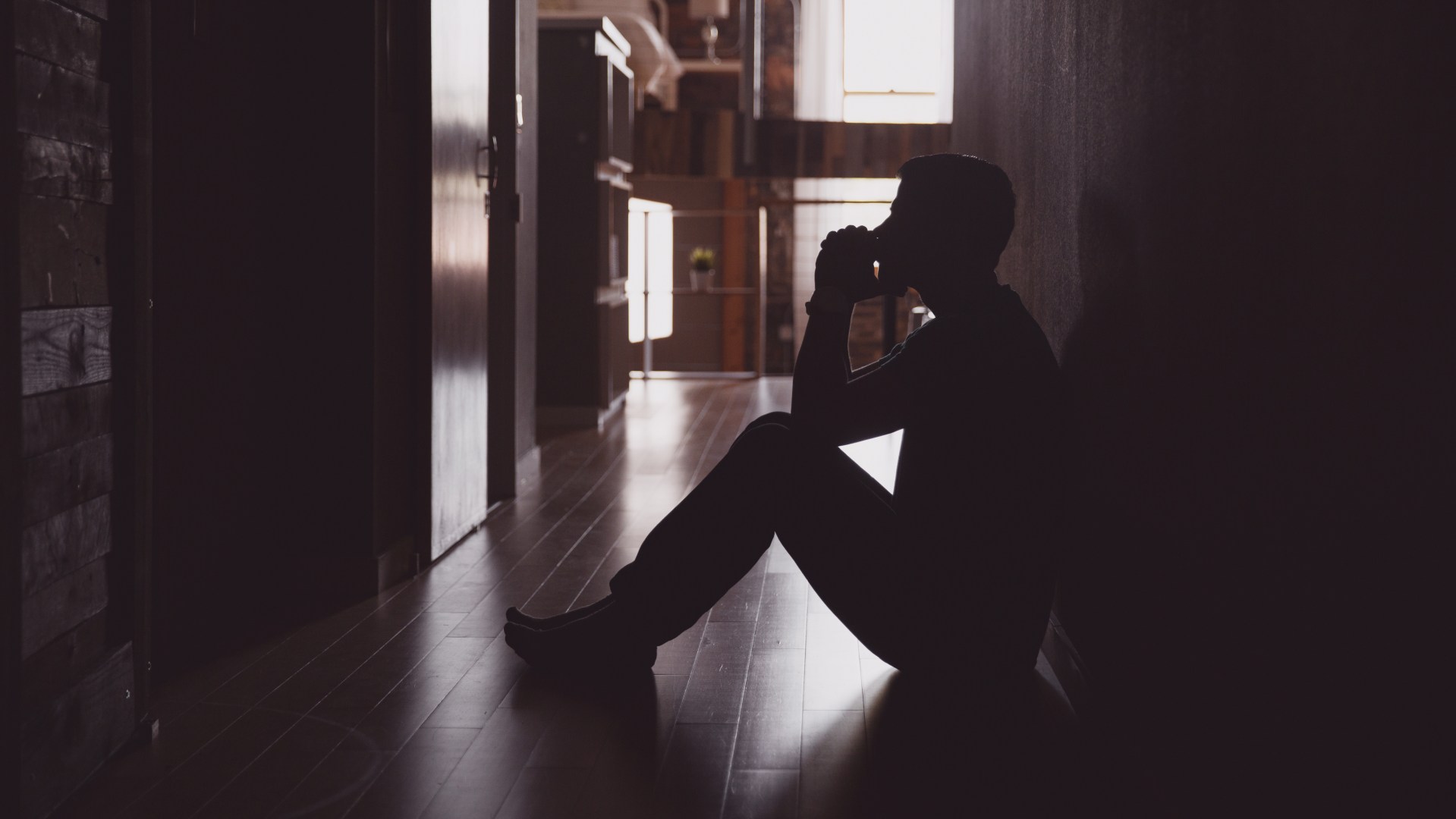Sunday morning, I slip into church. I join in the singing, but my mind opens a ledger sheet, where I run numbers: our bills on one side, our limited assets on the other. I'm adding up potential income from freelance projects and gnawing on the fact that the ledger's wildly unbalanced, all the while singing with the crowd, automatic and unthinking.
Suddenly the lyrics in my mouth break through: "more than enough." My voice catches on the words and I hear a question: do you believe this? I'm shattered, broken. Do the words of my mouth match the meditations of my heart? No. My heart is fearful, anxious. As the song ends, the worship leader reminds us that the peace of God is available, should we want to grab hold. We read together in one voice:
"Do not be anxious about anything, but in everything, by prayer and petition, with thanksgiving, present your requests to God. And the peace of God, which transcends all understanding, will guard your hearts and your minds in Christ Jesus" (Phi. 4:6-7).
It is so easy to say: just trust. Do not be anxious. As Jesus commanded, "Do not worry." Doing it is another matter altogether. How do you cultivate trust? How do you release anxiety?
The question matters—especially as we consider how we are to care for our souls. Worry destroys our spirit, erodes our relationship with God. It infects our spiritual life, a virus that drains life from our souls.
We can pray, study Scripture, serve, attend worship. These practices will do little if, like me standing in church last Sunday, we're clinging to our worries. We clutch them. Like rocks in our hands, cutting into our palms, keeping us from opening ourselves to what God wants to give us, to provide for us.
I sensed God telling me to open my hands, drop the sharp rocks of worry and anxiety. His word to the world, his word to our church, was also his word to me, "Do not be anxious." Tears streamed as I slowly opened my hands, know that he wanted to give me good things, but my hands were too full to receive them. Turning my helpless palms up, I presented my requests to God.
I know the path to the peace that passes understanding. It is not a path of effort, of forcing oneself to be peaceful (a picture of contradiction to be sure). Rather, it comes from gratitude. Look at the text: "Do not be anxious, but in everything, by prayer and petition, with thanksgiving …"
The antidote for anxiety is prayer—not just prayers that tell God of our anxiety, but prayers of thanksgiving. The Greek, eucharistia, means not just perfunctory thanks, but deep gratitude. My Bible dictionary notes: "this prayer expresses the grateful acknowledgment of past mercies as distinct from seeking future ones." To pray with thanksgiving, with eucharistia, is to remember the goodness of God in your life. Such gratitude is the only path out of anxiety.
When we are grateful, focused on the gifts of God, we experience joy. We're able to be generous. Gratitude and generosity lead us to peace, allow us to trust. When we choose to pray with thanksgiving, with gratitude, we see clearly: mixed in with the troubles of this world, we have blessings, and we have God's presence, his peace that passes understanding.
Keri Wyatt Kent is a speaker, Bible teacher and author of nine books, including Deeper into the Word: Reflections on 100 New Testament Words. Connect with her at www.keriwyattkent.com
© Keri Wyatt Kent









